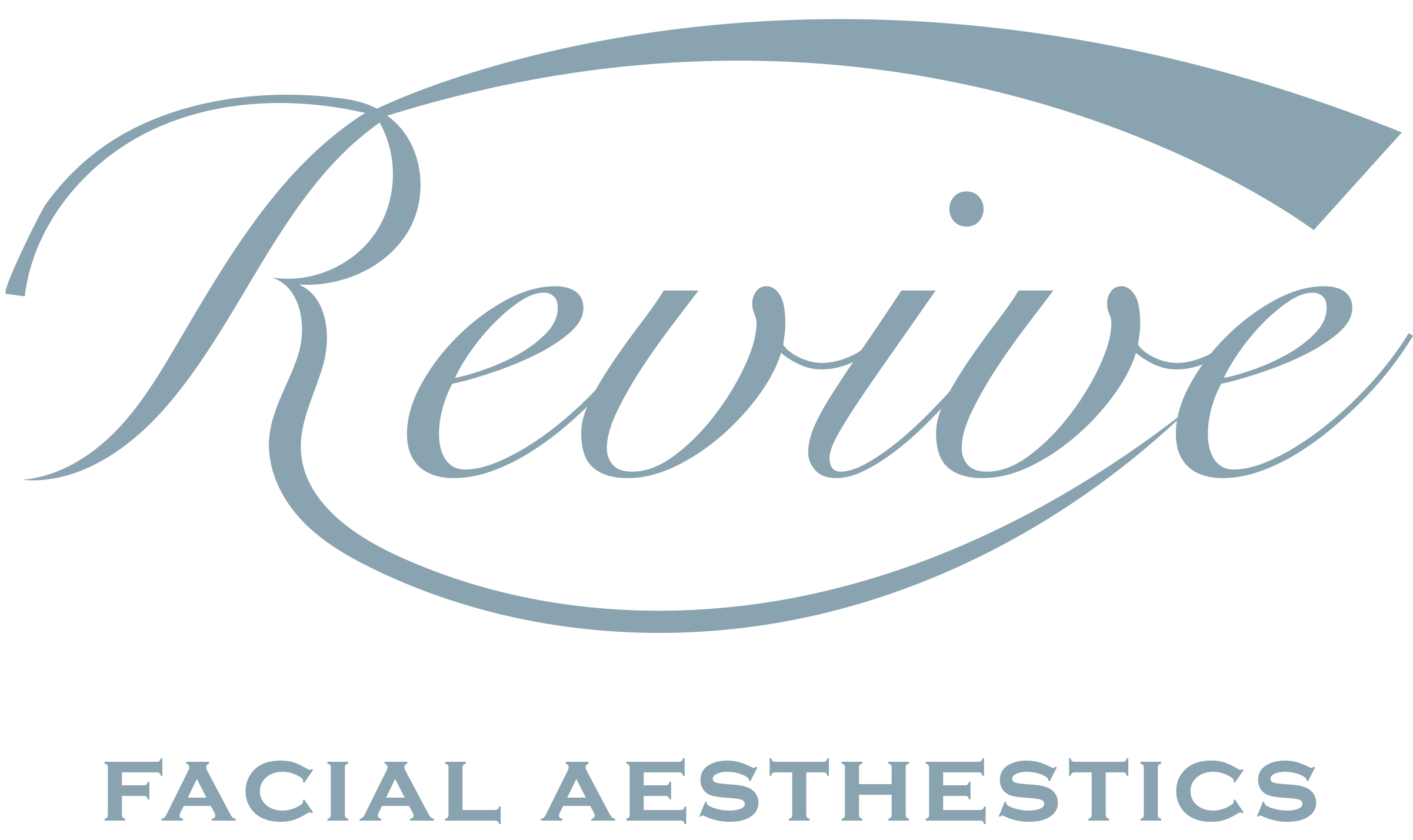
Everything About Contacts Lenses
Welcome to our blog post, where we dive deep into the world of contact lenses! Whether you're a long-time wearer or considering making the switch from glasses, this article has got you covered. Contact lenses offer a convenient and comfortable alternative to traditional eyewear, allowing you to see clearly without the hassle of frames. But how do they work? What should you consider when choosing them? And most importantly, how do you care for them properly? Get ready for all the answers as we explore everything about contact lenses in this informative and engaging read! So sit back, relax, and let's get started on this eye-opening journey together!
What are Contact Lenses?
Contact lenses are a game-changer when it comes to vision correction. They are small, thin discs made from various materials that sit directly on the surface of your eyes. Unlike glasses, which rest on your nose and ears, contact lenses provide a more natural and unrestricted field of view.
These tiny wonders correct refractive errors in the same way as glasses do. They help focus light onto the retina properly, allowing for clear vision. Contact lenses can address common vision problems such as nearsightedness (myopia), farsightedness (hyperopia), astigmatism, and even presbyopia.
The beauty of contact lenses lies in their versatility. There are different types available to suit individual needs and preferences. Soft contact lenses are incredibly comfortable due to their flexibility and ability to conform to the shape of your eye. Rigid gas permeable (RGP) or hard contact lenses offer sharper vision but may require an adjustment period.
Colored contacts allow you to change or enhance your eye color, while multifocal contacts cater specifically to those with presbyopia who need both distance and near vision correction.
No matter what type you choose, wearing contact lenses requires proper care and maintenance — something we'll explore further later in this article! But before we delve into that realm, let's dive deeper into how exactly these magical little discs work their optical magic on our eyes!
How do Contact Lenses Work?
Contact lenses are a marvel of modern technology, but have you ever wondered how they actually work? Let's take a closer look!
Contact lenses correct your vision by sitting directly on the surface of your eye. Unlike glasses that sit in front of your eyes, contacts become an extension of your natural eye.
The key to their effectiveness lies in their ability to refract light. Contact lenses are made from materials that have specific optical properties. These properties allow them to bend and focus light as it enters the eye, helping to correct various vision problems such as nearsightedness or farsightedness.
Once placed on the eye, contact lenses adhere slightly due to tear film and create a clear path for light to travel through the cornea. This process allows the lens to modify how images are formed on the retina at the back of your eye.
By altering the shape or thickness of a lens, it can change where incoming light converges - either in front or behind the retina - resulting in clearer vision. It's like having a custom-made window for each individual eye!
In addition to correcting refractive errors, some contact lenses also offer additional benefits such as UV protection or color enhancement. These specialized features further enhance both vision and appearance for those who wear them.
Now that we've explored how contact lenses work, it's important to keep in mind that proper care and maintenance are crucial for maintaining healthy eyes while wearing contacts. So let's dive into tips on choosing and caring for contacts next!
How to Choose the Right Contact Lenses
When it comes to choosing the right contact lenses, there are several factors to consider. First and foremost, you need to determine what type of vision correction you require. Are you nearsighted or farsighted? Do you have astigmatism? This information will help narrow down your options.
Next, think about your lifestyle and preferences. If you lead an active lifestyle or participate in sports, daily disposable lenses might be the most convenient option for you. On the other hand, if comfort is a priority for you, silicone hydrogel lenses may be worth considering.
Another important factor is your eye health. Some people may have dry eyes or allergies that can affect their ability to wear certain types of contact lenses comfortably. It's important to consult with an eye care professional who can assess your individual needs and recommend the best lens material and design for your eyes.
Don't forget about aesthetics! Contact lenses come in various colors and patterns that can enhance or change the appearance of your eyes. Whether you want a subtle enhancement or a dramatic transformation, there's a wide range of options available.
Remember, choosing the right contact lenses involves finding a balance between vision correction, comfort, eye health considerations, and personal preferences. Consulting with an eye care professional is essential in making an informed decision that meets all of these criteria
How to Care for Contact Lenses?
Taking care of your contact lenses is crucial for maintaining clear vision and eye health. Here are some essential tips on how to care for your contact lenses:
1. Cleanliness is key: Always wash your hands thoroughly with soap and water before handling your contact lenses. Avoid using soaps that contain moisturizers, as they can leave a residue on the lens surface.
2. Follow proper cleaning routines: Depending on the type of contact lenses prescribed by your eye care professional, you may need to clean and disinfect them daily or use disposable ones. Never reuse cleaning solution or top it up in the case – always discard any leftover solution.
3. Use recommended solutions: Use only the solutions recommended by your eye doctor or optometrist to clean, rinse, and store your contact lenses. Different solutions have different ingredients that are specifically formulated for certain types of lenses.
4. Handle with care: When removing or inserting your contact lenses, be gentle and avoid touching them with sharp objects or fingernails that could scratch the surface.
5. Replace as directed: Replace your contact lenses as per the schedule provided by your eye care professional - whether they are daily disposables, bi-weekly, monthly, or yearly replacement contacts.
6. Avoid water exposure: Remove your contacts before swimming or showering to prevent bacterial contamination from water sources which can lead to infections such as Acanthamoeba keratitis.
7. Protect from irritants: Keep away from aerosol sprays like hairsprays when wearing contacts since they can adhere to their surfaces, causing discomfort and irritation.
Storage matters too! Store unused contacts in their cases properly after ensuring cleanliness & dryness
Remember that proper lens hygiene not only ensures clearer vision but also reduces the risk of infection and other complications associated with wearing contact lenses!
By following these guidelines and regularly consulting with an eye care professional, you can enjoy comfortable vision correction while keeping your eyes healthy!
To get yourself fitted with contact lenses, visit us at Summerlin Vision in the Las Vegas area or call at (702) 243-8788 to schedule your appointment.
Office Hours
MON - THU8:30 am - 5:00 pm
FRIBy appointments only
SAT - SUNClosed







comments